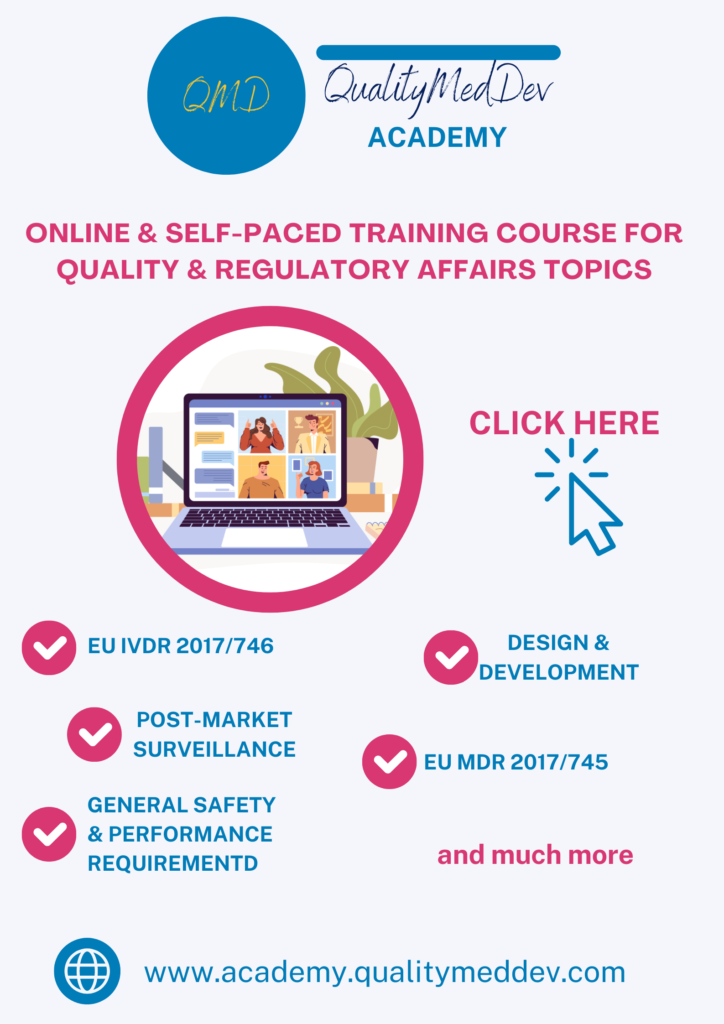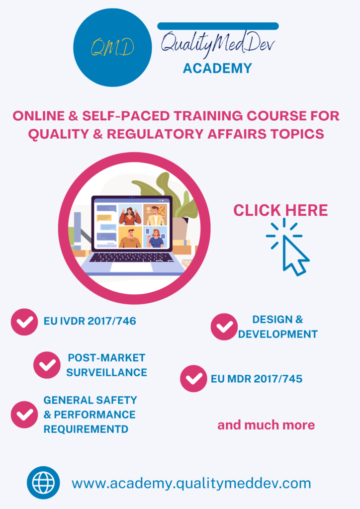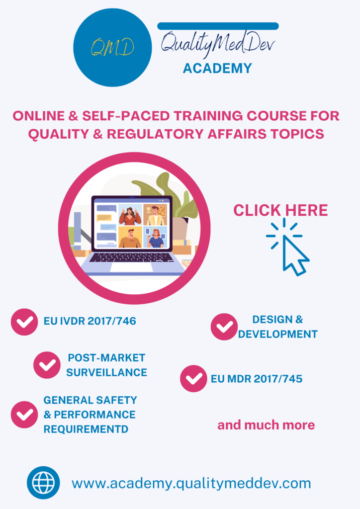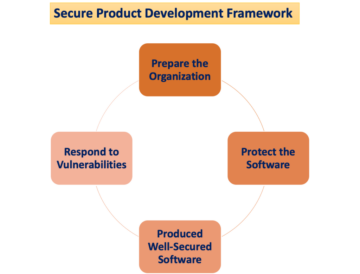As we have already mentioned in other articles, the in-vitro diagnostic sector is undergoing to significant changes due to introduction of the EU In-Vitro Diagnostic Regulation; one of these changes is the introduction of the EU Reference laboratories.
We have been already discussing about several topics related to IVDR 2017/746, such as the new classification system or Article 110 related to the obligations during the transition period and the requirement related to companion diagnostic IVD devices; in this article we will discuss in details the establishment and the related requirements for the EU Reference Laboratories.
Responsibilities for the EU Reference Laboratories
The requirements related to the EU Reference laboratories are set within Article 100 of the EU IVDR. Specifically, these laboratories have a set of different responsibilities that we are going to discuss below.
First of all, EU Reference laboratories are responsible to verify the performance claimed by the manufacturer and the compliance of class D devices with the applicable common specifications. This is one of the most important responsibility for the EU Reference laboratories. Moreover, based on the specific conformity assessment selected by the manufacturer, EU reference laboratories are responsible to carry out appropriate tests on samples of manufactured class D devices or batches of class D devices.
Furthermore, these laboratories shall also provide scientific and technical assistance to the Commission, the Medical Device Coordination Group, the Member States and notified bodies in relation to the implementation of the IVDR regulation. Scientific support may also be related to definition of the state of the art in relation to specific devices or specific technologies.
The EU reference laboratories have also the responsibility to contribute to the development of appropriate testing and analysis methods to be applied for conformity assessment procedures and market surveillance and to collaborate with notified bodies in the conformity assessment procedure of IVD devices.
Moreover, contributions on the development of novel reference materials and reference measurement procedures is also defined among the responsibilities for EU reference laboratories, along with with the collaboration for the development of commons specifications and novel ISO standards.
Finally, notified bodies may also ask for consultation to EU reference laboratories on specific topics, as defined by the EU IVDR; these consolation shall be published.
Requirements for EU Reference Laboratories
Always within Article 100 of the regulations, the criteria to be met by these laboratories are clearly defined. These criteria are the following:
- appropriate qualified human resources, with specific knowledge and experience in the field of the in-vitro diagnostic medical devices for which the laboratory is designated;
- posses the appropriate infrastructure in terms of equipment and reference material in order to perform the activities and tasks assigned to them;
- the personnel of the laboratories shall have adequate knowledge on the international standards and best practice, particularly in the field of IVD devices;
- An appropriate internal structure and organization is also necessary, in order to support all the activities;
- have adequate process and procedure in place to ensure the staff of these laboratories observe the confidentiality of the information and data obtained while performing their tasks;
- ensure and adequate level of independency and act in the public interest;
- make sure to have an adequate management of the impartiality of the staff of these laboratories; the staff shall declare any other direct and indirect interests they may have in the in vitro diagnostic medical device industry and update this declaration whenever a relevant change occurs.
Audits and other forms of Control
As defines always within Article 100 of the EU IVDR 2017/746, the EU reference laboratories shall be subject to controls, including on-site visits and audits, by the Commission. This is done to ensure compliance with the requirements of the EU IVD Regulation. It is important to mention that restrictions, suspension or withdrawal of the designation may be implemented by the Commission in case an EU reference laboratory is not complying with the requirements for which it has been designated,
Conformity Assessment involving EU Reference Laboratories
As we have been mentioning before, the conformity assessment for class D IVD devices requires, in case of devices for which one or more EU reference laboratories have been designated, the notified body performing the assessment to request the verification of the performance claimed by the manufacturer and the compliance of the device with the applicable common specifications. It is specified in the regulation that laboratory tests performed by an EU reference laboratory shall be focused on analytical and diagnostic sensitivity using the best available reference materials.
The EU reference laboratory shall provide a scientific opinion within 60 days.
Conclusions
In conclusion, we have been discussing the requirements related to the EU Reference Laboratory, as described in the In-Vitro Diagnostic Regulation 2017/746. Among their reponsbilities, there is the necessity to confirm performant requirements claimed by the manufacturers, according to the specific common specifications.
Subscribe to QualityMedDev Newsletter
QualityMedDev is an online platform focused on Quality & Regulatory topics for medical device business; Follow us on LinkedIn and Twitter to stay up to date with most important news on the Regulatory field.
QualityMedDev is one of the largest online platform supporting medical device business for regulatory compliance topics. We provide regulatory consulting services over a broad range of topics, from EU MDR & IVDR to ISO 13485, including risk management, biocompatibility, usability and software verification and validation and, in general, support in preparation of technical documentation for MDR.
Our sister platform QualityMedDev Academy provides the possibility to follow online and self-paced training courses focused on regulatory compliance topics for medical device. These training courses, developed in collaboration with highly skilled professionals in the medical device sector, allows you to exponentially increase your competencies over a broad range of quality and regulatory topics for medical device business operations.

Do not hesitate to subscribe to our Newsletter!
- SEO Powered Content & PR Distribution. Get Amplified Today.
- Platoblockchain. Web3 Metaverse Intelligence. Knowledge Amplified. Access Here.
- Source: https://www.qualitymeddev.com/2022/08/09/eu-reference-laboratories/
- 100
- a
- About
- Academy
- According
- Act
- activities
- All
- allows
- already
- always
- among
- analysis
- and
- applicable
- applied
- appropriate
- Art
- article
- articles
- assessment
- assigned
- Assistance
- audits
- available
- based
- before
- below
- BEST
- body
- broad
- business
- business operations
- carry
- case
- change
- Changes
- claimed
- class
- classification
- clearly
- collaborate
- collaboration
- commission
- Common
- Commons
- compliance
- conclusion
- confidentiality
- Confirm
- consulting
- contribute
- contributions
- control
- controls
- coordination
- courses
- criteria
- data
- Date
- Days
- Defines
- described
- designation
- details
- developed
- Development
- device
- Devices
- different
- direct
- discuss
- discussing
- documentation
- during
- ensure
- equipment
- establishment
- Ether (ETH)
- EU
- Europa
- experience
- exponentially
- field
- focused
- follow
- following
- forms
- from
- General
- going
- highly
- HTTPS
- human
- Human Resources
- implementation
- implemented
- important
- in
- In other
- Including
- Increase
- industry
- information
- Infrastructure
- interest
- interests
- internal
- International
- Introduction
- ISO
- IT
- knowledge
- laboratory
- largest
- Level
- mailchimp
- management
- manufactured
- Manufacturer
- Manufacturers
- Market
- material
- materials
- MDR
- medical
- medical device
- medical devices
- member
- mentioned
- methods
- more
- most
- Navigation
- necessary
- news
- novel
- obligations
- observe
- obtained
- ONE
- online
- Operations
- Opinion
- order
- organization
- Other
- particularly
- perform
- performance
- performing
- period
- Personnel
- Place
- platform
- plato
- Plato Data Intelligence
- PlatoData
- plugin
- possibility
- Posts
- practice
- procedures
- process
- professionals
- provide
- provides
- public
- published
- qualified
- quality
- range
- Regulation
- regulations
- regulatory
- Regulatory Compliance
- related
- relation
- relevant
- request
- requirement
- Requirements
- requires
- Resources
- responsibilities
- responsibility
- responsible
- restrictions
- Risk
- risk management
- sector
- selected
- Sensitivity
- set
- several
- significant
- skilled
- Software
- specific
- specifically
- specifications
- specified
- Staff
- standards
- State
- States
- stay
- structure
- subject
- subscribe
- such
- support
- Supporting
- surveillance
- suspension
- tasks
- Technical
- Technologies
- terms
- Testing
- tests
- The
- the information
- The State
- their
- to
- Topics
- Training
- transition
- Update
- URL
- us
- usability
- validation
- Verification
- verify
- Visits
- which
- while
- will
- withdrawal
- within
- WordPress
- WordPress plugin
- Your
- zephyrnet



